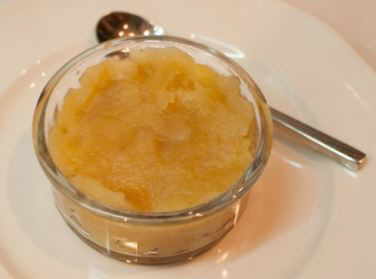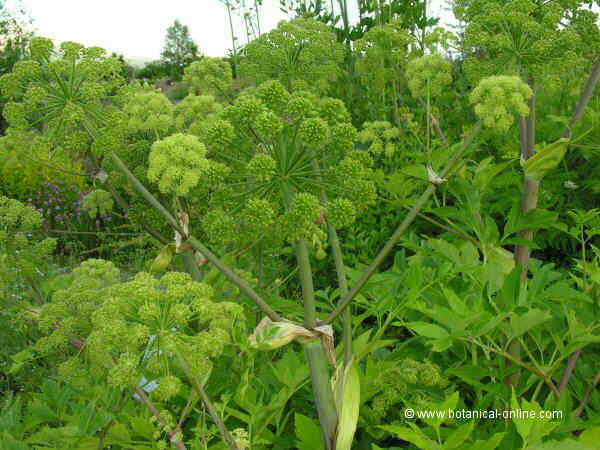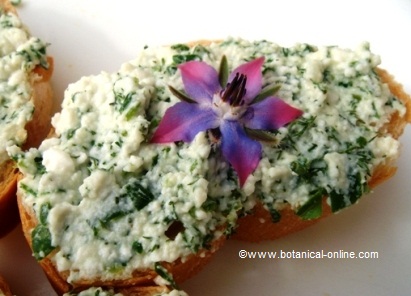Contents
Properties of fruit compote
What is a compote?
A compote is a preparation based on fruit and sugar, which has less sugar than a jam. Compote, like jam, is considered a type of vegetable preserve.

The word compote comes from the French “compote” which means mixture. It is a type of preparation that is widely used in France and Germany. In these two countries this type of preserve was created to prolong the use of the apple harvest, hence, initially most compotes were made with apples, a very abundant fruit in these two countries.
Subsequently, it has been made with many other fruits such as pears, peaches, quinces, raspberries, strawberries, berries, etc.
Differences between a compote and a jam
In addition to the fact that the compote has a lower percentage of sugar, the cooking time is shorter and the fruit is usually in large pieces or whole, unlike jam in which the pieces are smaller or crushed.
On the other hand, the purpose is usually different. Jams are often used for breakfast or as a mid-morning or mid-afternoon snack, usually spread on toast or a slice of bread. Due to its high sugar content, jam can be considered more as a complement, that is, as a cream to accompany it.
Compotes are mainly used as a dish for babies or as a dessert for all people, especially for babies and for the elderly or inappetent, because they are very digestible, have less sugar than jams and are very easy to swallow, being ideal for people who have a hard time chewing or swallowing fresh fruit.
They are usually eaten for breakfast, accompanied by yogurt, at the end of the main meal or alone in the middle of the afternoon.
How much sugar does a fruit compote have?
It depends on each country and depends on the taste of each person but, in general, much less than a jam. Most jams contain around 50% sugar, while compotes usually have about 15% or even less if they are prepared for babies.
The ideal would be to prepare compotes without sugar, taking advantage of the natural sugars in fruits.
Properties of fruit compotes
The fruit compotes are soft and easily digestible.
They have restorative properties, do not weigh down the stomach and provide energy that is easy to assimilate, with short digestion.
Fruit compotes provide us with the natural sugar of the fruit, as well as being very rich in soluble fiber.
Who should eat fruit compote?
Fruit compotes are highly recommended:
- For the treatment of heartburn
- For indigestion problems
- To combat constipation
- With mouth sores
- When you have a poor appetite
- If there is difficulty swallowing
- Its richness in fiber absorbs part of the cholesterol from food before it reaches the bloodstream.
What is better fruit compote or natural raw fruit?
Fruit compote, as we have seen previously, has advantages such as being easier to swallow or digest. In addition, since it is sweeter, it is more attractive for people with little hunger or for children.
On the other hand, when the fruit is cooked, it loses certain nutrients, such as vitamin C, B vitamins (thiamine, niacin, riboflavin, vitamin B6) and the potassium content is reduced.
However, there are many other foods in the diet that can provide us with these nutrients, so it is not a great inconvenience.
Is fruit compote suitable for everyone?
Fruit compotes should only be avoided by people with fructose intolerance, in which case it is recommended to use carrots with red fruits.
In case of diabetes, fruit compotes should be made without sugar. This type of compote is also recommended for obese people or those who want to do a weight loss regimen.
Vegetable compotes
In addition to fruit compotes, you can also make vegetable compotes, such as carrot compote or zucchini compote, but, without a doubt, it is the original apple compote and the one that is still regularly prepared.
* Related information: Properties and recipe of applesauce
![]() More information on healthy recipes
More information on healthy recipes








